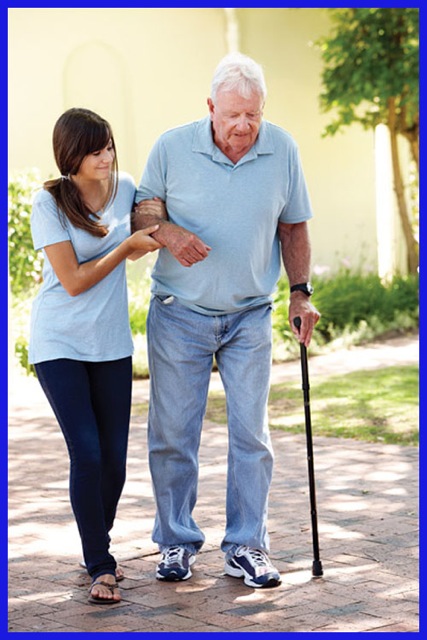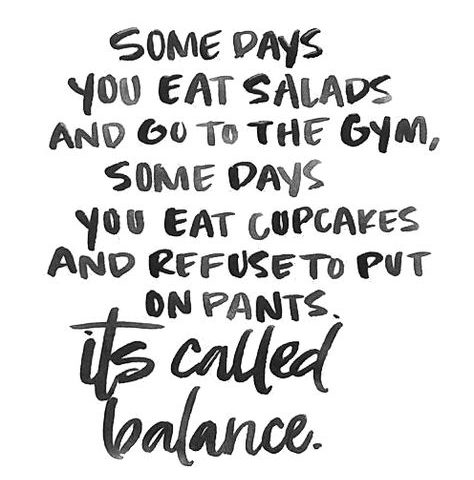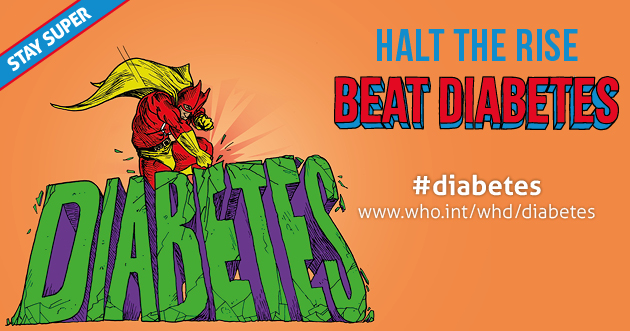
For the Caregiver: Survival Tactics for Stroke Patients
Friends: Today’s post is by one of our talented guest contributors, Colleen Quill.
Imagine you were about to leave for a family vacation, the first in ten years. You were excited to go swim with dolphins and have everyone together. You couldn’t wait to get on the plane, so you got up to start your day, only to have your body crumple beneath you, suddenly unable to move an inch. Hours later, instead of being on a beach in Mexico, you are in surgery, swapping your state cabin bed for a hospital gurney.
Afterwards, imagine you can no longer feed yourself and if you did, even the smallest amount came right back up, choking you. Imagine your beautiful voice suddenly sounded like an alien (remember E. T.?). These are not happy visions. Imagine now your family has to take care of you and how angry that loss of control over the basic functions of your body, would leave you. Would you really want your family to have to bathe you, feed you or to have a total stranger be hired to do this for you? The loss of dignity would be overwhelming, maybe enough where you constantly begged for your loved ones to end your life.
This is what can happen when someone has a stroke. I should know, my father had three of them, the third of which was massive. He lost control of the right side of his body. His voice was permanently damaged from a trachea tube being shoved in his throat by an overzealous resident at a hospital. He had a stomach tube for several years, which was his only option for food intake. It’s not a pretty picture, and it’s one that led my family on an emotional tug and pull roller coaster for almost five years. We were there for him and for each other.
Those years were difficult, but we also had a lot of laughs. My father was always a big joker. One day I was speaking Spanish with him. He was a brilliant man, so different knowledge came back to him. My mother was astonished. Even when a person cannot speak, it’s important to talk to them, not at them or around them. My father had so many friends who looked for comfort from us. It was a long trial of patience for me to endure some of their visits.
Stroke victims’ personalities can change after they have the stroke. There is less control of the brain, so you might find changes to the victim’s voice and pronunciation, or you may become the recipient of cursing, biting, hitting and foul insults, that could put a truck driver to shame.
Here are some things I did to get through those five years:
Have hope. Hope is the nugget that keeps you hanging on for a full recovery. You need hope and you need to embrace it, while also being realistic.
Take some time for yourself. Don’t let guilt of having a good time stop you. We all need an outlet. You can’t live in constant grief, it’s not healthy. It can be as simple as renting a comedy or going for a walk or calling an old friend.
Talk to the person you are taking care of with levity. Again, it can’t all be doom and gloom. I am famous in our family for writing silly odes. Here is one I wrote to my father after he had his second stroke and was having temporary short-term memory loss:
Ode to my Dad in the hospital bed,
I hope things get sorted out with your head,
Jello, Butterscotch pudding and pie, this is your wife, she’s the apple of your eye,
We rub you, scrub, brush and love you,
But lucky for us the nurse came and shaved you,
We miss your bad jokes and hogging the TV remote,
You’re looking much better, let’s all share a coke
My dad smiled and it broke the intense tension. I also used this opportunity to declare myself “the favorite,” a nickname that stuck for the next decade.
Grab some joy where you can. My younger sister got married. My dad attended in a full top hat and was wheeled on to the dance floor. I found my own joy soon after that by falling in love with a French bulldog, my canine kid Elle. She makes me laugh every day and she gets me up in the morning and makes me get outside.
Exercise. There is nothing better for dealing with stress and to keep your own health in check.
Go on outings with your loved one. Take advantage of wheelchair friendly options. There are a lot of museums, baseball parks, movie theaters, boats and more that can handle a wheelchair. Even the grocery store and retail stores often have wheelchairs.
Remember no matter what to treat the person suffering as a person. If you have to represent their wishes to doctors or nag a nurse to change them or feed them while in a hospital or a nursing home, then you need to do them justice. Recently, I found out about a woman who was a Daddy’s girl until she saw her dad post-stroke. When he cursed at her, she decided never to see him again. That was two years ago and she still hasn’t gone back to visit him. She’s in her 50’s. Can you even imagine? How heartbreaking for him. She needs to get real, grow up and realize there are support groups, therapists and other ways to find help dealing with the situation. You must remember that this is not a personal attack your loved one has been waiting to give to you and held back all their life. It is typically involuntary and often out of their control.
The reality is 90% of caregivers are women. Women are emotionally stronger, we can face conflict, multi-task needs and treat loved ones with care. We empathize and can put ourselves in their shoes. The most important thing to remember is to be good to the survivor and also make an effort to be good to yourself. Your loved one will appreciate all of the care and love you give them, even if they cannot communicate it.
Follow Colleen’s blog at http://ramblingsofagrrlgenius.wordpress.com.







